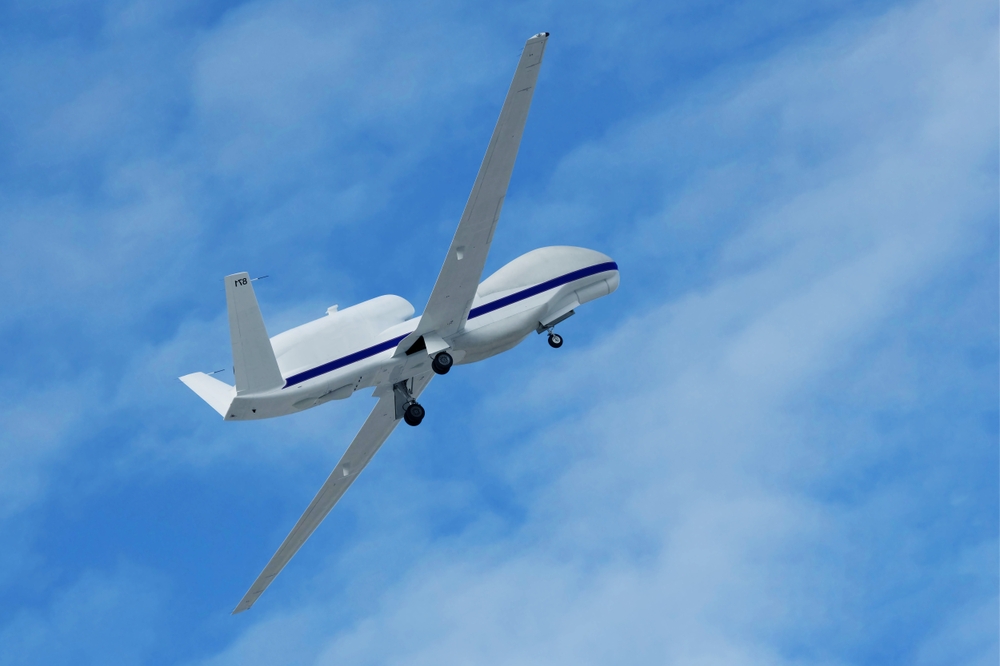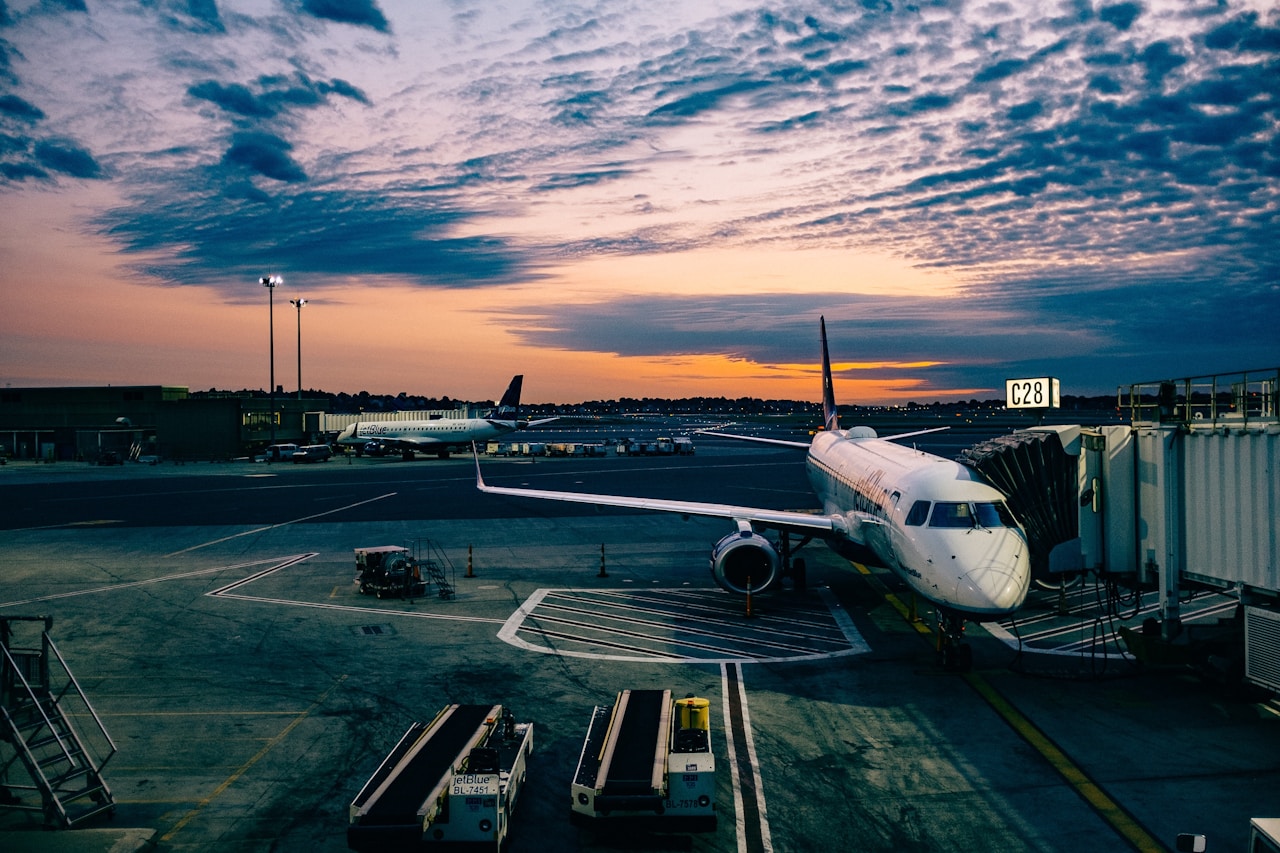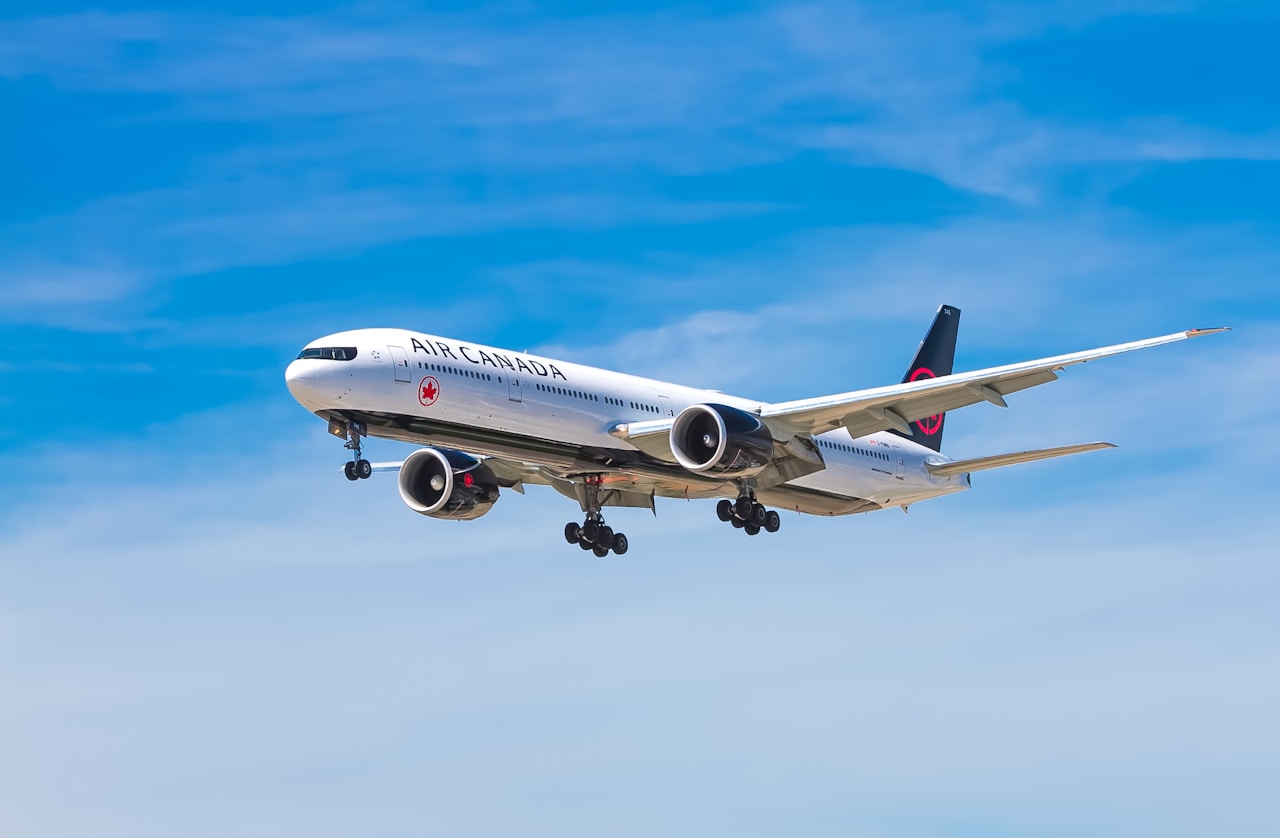Drone Operator Certification Guide
Drone technology is advancing rapidly, and regulations are evolving along with it. Obtaining a drone operator certification is essential for both recreational and commercial drone pilots. This guide demystifies the certification process and informs you about the requirements, exams, and practical tips for becoming a certified drone operator.

Understanding Drone Certification
Certification ensures that drone operators understand the rules and regulations governing drone flights. It also validates that pilots can operate drones safely and responsibly. Generally, there are two primary types of certification: recreational and commercial.
Recreational Drone Certification
For hobbyists, compliance with basic rules stipulated by aviation authorities is mandatory. These rules typically include flying at or below 400 feet, keeping the drone within line of sight, and avoiding restricted areas.
Commercial Drone Certification – Part 107
Commercial drone pilots in the U.S. must obtain a Part 107 certification from the Federal Aviation Administration (FAA). This certification is essential for anyone using drones for work or business. Similar requirements exist in other countries, though specific regulations may vary.
Certification Requirements
Basic Eligibility
- Be at least 16 years old.
- Be able to read, write, speak, and understand English.
- Be in a physical and mental condition to safely operate a drone.
Studying for the Knowledge Test
Passing the FAA Part 107 exam is a key step in obtaining a commercial drone certification. This 60-question multiple-choice test covers various topics, including airspace classification, flight restrictions, aviation weather, and emergency procedures. You can find numerous study resources online, including practice tests, video tutorials, and study guides.
Key Study Areas
- Regulations: Understand FAA rules, including operating requirements, and drone registration.
- Airspace Classification: Learn about different classes of airspace and their operational limitations.
- Aviation Weather: Study how weather conditions affect drone performance.
- Emergency Procedures: Know how to handle in-flight emergencies and system malfunctions.
Taking the Part 107 Exam
Schedule your exam at an FAA-approved knowledge testing center. You will need to bring a government-issued ID. The test fee is approximately $150. Aim to arrive early to familiarize yourself with the environment and reduce test-day anxiety.
After completing the exam, you will receive your results immediately. A passing score is 70% or higher. If you do not pass, you can retake the exam after 14 days. Once you pass, you will receive a temporary Remote Pilot Certificate, followed by a permanent one.
Practical Experience
Successfully passing the Part 107 test is only part of the journey. Gaining practical flight experience is crucial. Start with basic maneuvers such as takeoff, landing, and hovering. Gradually move on to complex operations like flying in different weather conditions and controlled airspace.
Flight Training Tips
- Practice in open areas away from people and property.
- Simulate different operational scenarios, such as low battery and GPS signal loss.
- Log your flight hours and experience in a journal or app for reference.
Maintaining Certification and Compliance
Your Part 107 certification is valid for two years. You must pass a recurrent knowledge test to maintain your certification. Stay updated with any changes in regulations and operational requirements.
In addition, conduct pre-flight inspections and regular maintenance on your drone to ensure it is in good working condition. Familiarize yourself with local ordinances and no-fly zones to avoid violations.
Key Maintenance Tips
- Regularly check propellers, motors, and batteries for wear and tear.
- Ensure firmware and software are up-to-date.
- Keep a maintenance log to track repairs and updates.
Additional Certifications and Endorsements
Beyond the basic Part 107 certification, additional endorsements can enhance your credentials. For example, a night operation waiver allows you to fly your drone after sunset. You can also pursue specialized training for drone inspections, mapping, and cinematography.
Specialized Training Options
- Inspection Training: Learn techniques for roof inspections, power line surveys, and other infrastructure assessments.
- Mapping and Surveying: Acquire skills to create detailed maps and 3D models using drones.
- Aerial Cinematography: Master drone filming techniques for movies, documentaries, and commercials.
Insurance and Legal Considerations
Protecting yourself with drone insurance is a smart move. Coverage can include liability for third-party property damage or personal injury. Additionally, hull insurance covers damage to your drone.
Insurance Options
- Liability Insurance: Protects against third-party claims.
- Hull Insurance: Covers damage or loss of the drone.
- Payload Insurance: Protects specialized equipment attached to the drone.
Always be mindful of privacy laws and obtain necessary permits for commercial projects. Following best practices and maintaining ethical standards will safeguard your operations from legal troubles.
Networking and Professional Growth
Joining drone operator groups and attending industry conferences can provide valuable networking opportunities. These platforms help you stay updated with industry trends and emerging technologies.
Useful Networking Strategies
- Participate in online forums and social media groups focused on drones.
- Attend workshops and seminars offering hands-on experience.
- Collaborate with other drone operators on projects.
“`


Subscribe for Updates
Get the latest articles delivered to your inbox.
We respect your privacy. Unsubscribe anytime.